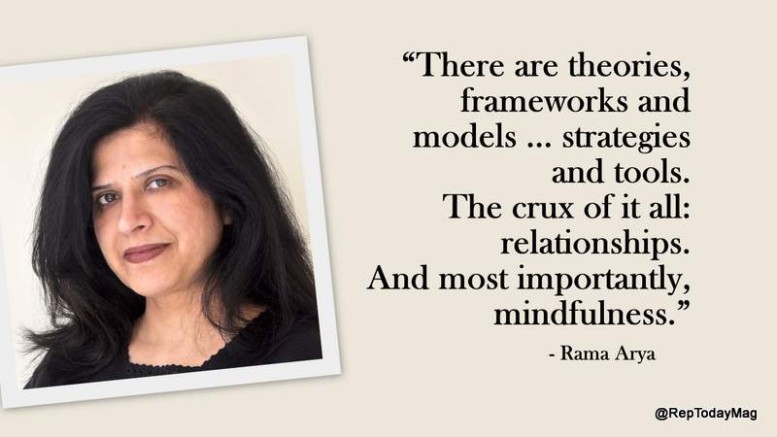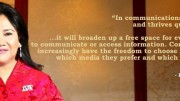Why Communications Training for Communicators? So we can practice what we preach.
Oh, those endless press releases, speaking to journalists, coordinating events, generating online and print content, making sure the buzz is alive and kicking. As a communicator, much of our day is taken up communicating on behalf of our client or the company we work for.
The ultimate goal is that it is in the news for all the right reasons—seen, heard, respected and trusted. This is what ensures that positive appraisal come year-end, our aspired raise and reasons galore to preen.
Alas, life ain’t that simple. How often despite all our [best] endeavours, things go wrong, falling off the mark. That misunderstanding over a mail, the wasted hours barking up the wrong tree or should I say media house, or using tools and story hooks which our target audience just don’t connect with.
Every day, not in this case a good way, teaches us a lesson or two in communications. Why? Because we don’t practice, what we preach.
We have an intrinsic assumption that we know it already. Hey, we are communicators. It is in our DNA. It is our bread and butter. So we go ahead and dismiss email etiquette, network in our esoteric circles time and again, and undermine the importance of a capable team from our own end.
“Our presentation skills bore, and our writing skills—ouch, for that we have subordinates.”
And this is just the façade. Dig a bit deeper, and our story telling rambles, our presentation skills bore, and our writing skills—ouch, for that we have our subordinates.
The unfortunate subordinates, often fresh from college, and not necessarily armed with a communications degree find themselves in this career by the sheer knack of being good writers or speakers. But there is more to this profession. There are theories, frameworks and models. There are strategies and tools. The crux of it all: relationships. And most importantly, mindfulness. Is it starting to sound like Zen? Forgive me my liberty.
While most other professions, and in particular, our rich cousins [advertising] inundate their industry with capacity building initiatives, our corporate communications and PR sector rattles on shaky knees. The result is whether we like it or not advertising is taken more seriously and gets paid more. After all they have studied it in depth. And we get paid less. And to top it, are relegated to secondary budgets.
Training in our sector is relatively new. Academic institutions bundle marketing, PR and advertising all together, turning us into Jacks of logo design and press releases rolled into one, with very little understanding of either. Many of us move in from journalism because we are ‘their’ richer cousins. A large chunk of learning is by the greatest teacher of all: trial and error. A rather expensive institution, both to the practitioner and the company, as you may well agree. I for one can easily say I have learnt more by my mistakes than I learnt at college.
May I reiterate that hands-on training is not just for the young enthusiastic minds aiming to enter our industry? It is also for those who have joined the party and grapple with the realities of a profession they were never in real terms prepared for. And it is just as much for the stalwarts to help them keep up with times and remind themselves of everything they already know but somehow have forgotten to practice. Leadership training is great, so is out of the box ideating. However, what about the basic principles and models; the very foundations on which all effective communications is built on?
“Training in communications is much like the school of life.”
We keep stressing the importance of communications to our clients and companies we work for, determined to transform them into avid communicators as organizations. I like to believe it is time we became what we preached—avid communicators personally and professionally at an individual level as well.
It would be presumptuous on anyone’s part to claim that training stops things from going wrong. What it does do, is make way more things go right, first time around, creating an industry that is respected and trusted more. Just what we want for our clients, we need to give ourselves first.
Remember the Zen angle? Training in communications is much like the school of life. It is about mindfulness and reconnecting with our DNA, in this case our passion, and bread and butter alike, and living it, everyday.









Be the first to comment on "Why Communications Training for Communicators?"